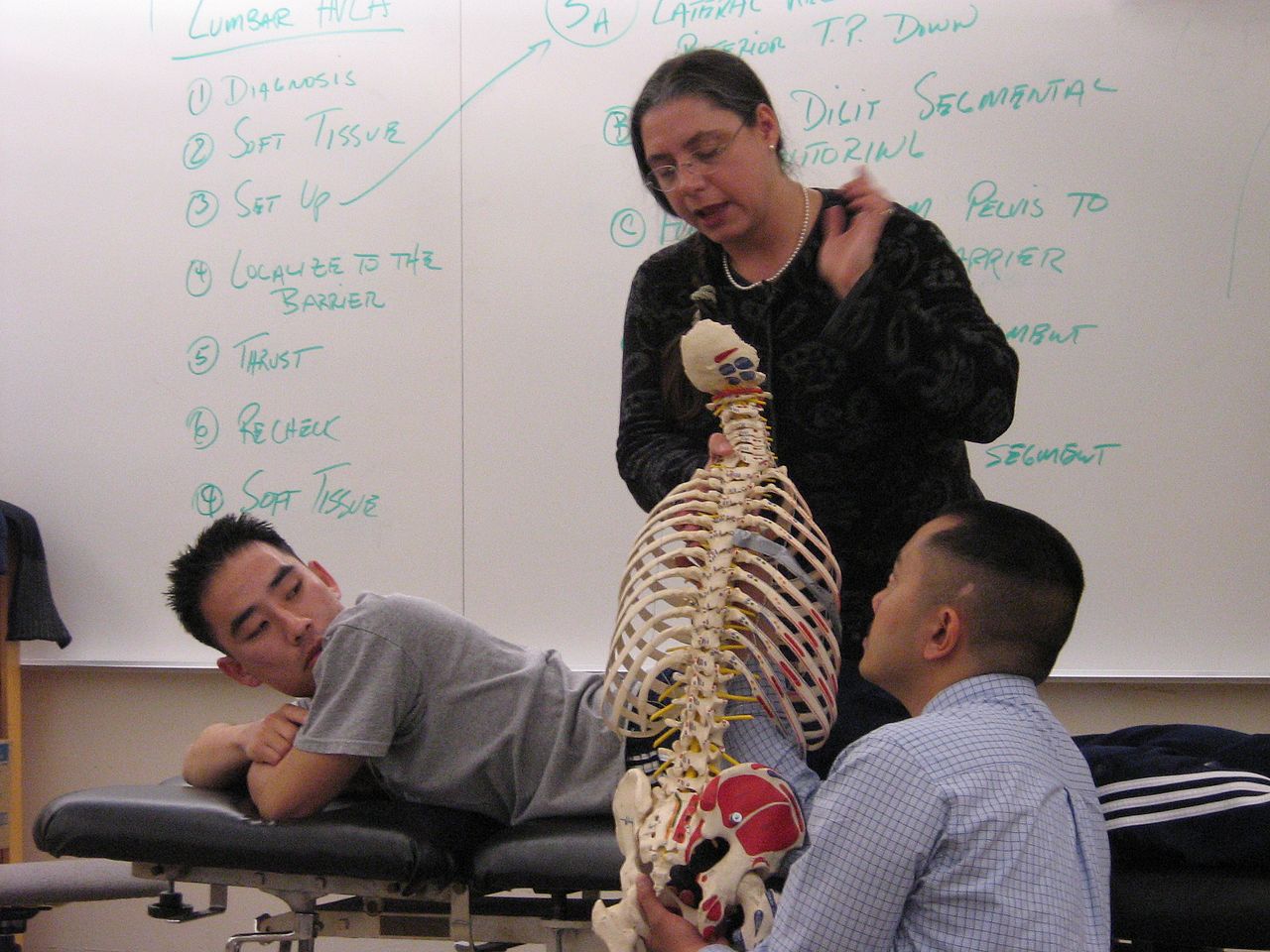 Having been through the various stages of a successful medical school application myself just 2 years ago, I can only empathise with this year’s prospective medical school students at how tough it can be to gain even a single offer. So here are some tips that helped me through the process.
Having been through the various stages of a successful medical school application myself just 2 years ago, I can only empathise with this year’s prospective medical school students at how tough it can be to gain even a single offer. So here are some tips that helped me through the process.
Do the UK CAT early. Doing the UKCAT late is one of the most common errors a prospective medical student can make. Booking your UKCAT entrance test for the end of August gives you perfect time to prepare. Any later than this and you are falling into school time, which can lead to a huge amount of stress as year 13 kicks off quickly. It is also helpful to do this as having your UKCAT results early can give you more time to decide on where it would be best to apply with certain scores. There is no point setting your sights on KCL and then sitting your UKCAT to find that you have come below the cut off boundaries for every single year. Get it done early and give yourself time to workout where might be best to realistically apply with your score.
You can prepare for both the BMAT and UKCAT. There seems to be a common myth amongst wannabe medics that these tests cannot be prepared for. This is incorrect. Apart from section 2 of the BMAT, none of the tests require any knowledge. However, the mental maths and reasoning required by the UKCAT and thinking skills required by the BMAT can both be practiced by doing mental maths daily and using questions in books to prepare. If you are really looking to push the boat out on BMAT prep, use the TSA past papers (oxford entrance test) to also supplement your practice as they are essentially the same as the questions you will get in section 1 of the BMAT.
Work together. It is common for some universities such as UCL to present you with your BMAT essay in an interview and ask you what went well/poorly. If you have not prepared well for this then you will have to waste valuable time in interviews both reading your essay and then thinking about why it could have been better. Upon walking out of the BMAT – write down what you wroteabout as you will forget. I would recommend going one step further as well by meeting up with other BMAT-doers and sharing your ideas on the various questions. This way you can be prepared to not only know what you wrote down when going into the interview so you don’t have to waste time in there reading it – but you can have new ideas ready to go when you are asked what could have been better.
A med school application is a tough thing to get right, if anyone needs any further help on these issues or anything related to the subject then please drop me a private message or post on the forum.


